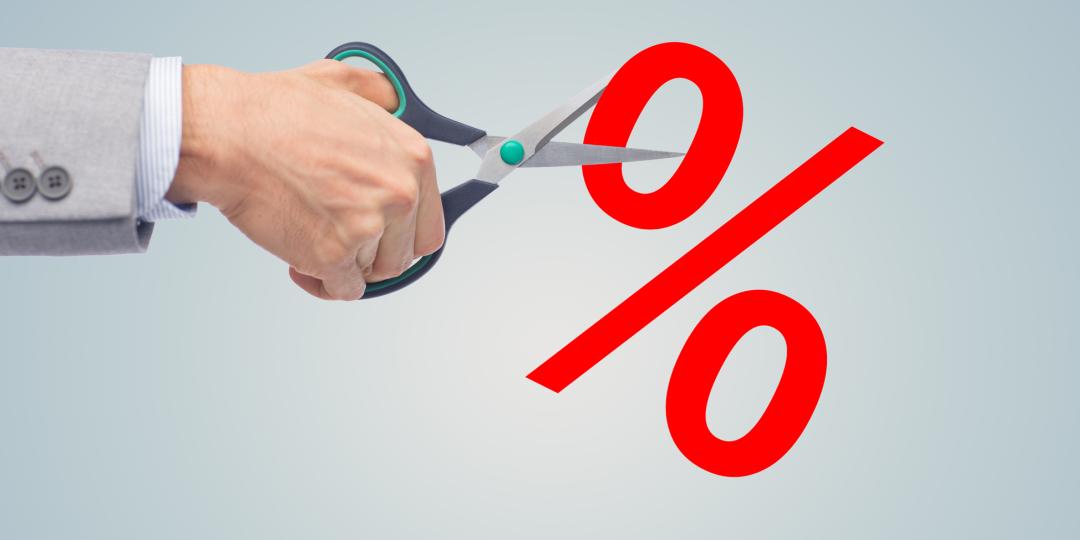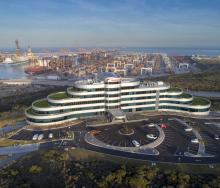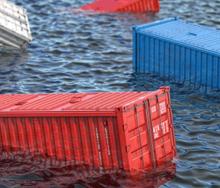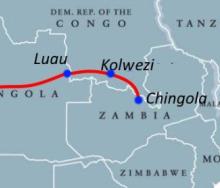South Africa’s employment levels are rising, imports of solar panels are up as households adapt to load-shedding, and an interest rate cut may be on the cards towards the end of 2023.
This is some of the good news highlighted in the new PwC South Africa Economic Outlook report for 2023 released on Monday. The report focuses on five key macroeconomic variables - the exchange rate, consumer price inflation, interest rates, economic growth, and the unemployment rate - as well as the short-term outlook for climate action.
According to the report, the rand is forecast to average R16.90/$ this year, compared to a mean of R16.37/$ in 2022.
“The rand is very volatile and highly influenced by external factors. This year, these risks include political divisions in Washington, DC and local policy developments. Globally, the political and economic ripple effects of decades-high inflation and increased energy costs will add to household financial stress and could stoke social discontent and political instability in many countries. This reduces appetite for emerging market assets like the rand,” PwC said.
The report noted that there was still concern about the elevated level of price inflation, especially from a supply chain perspective. However, producer price inflation peaked at 18% year on year (y-o-y) in July 2022, and following declines in subsequent months, was now on a downward trend.
“With easing supply chain cost pressures in mind, as well as the impact of recently tighter monetary policy, we expect consumer price inflation to moderate from 7% y-o-y in 2022Q4 to around 5% y-o-y in 2023Q4,” the PwC report said.
“On a calendar year basis, our baseline scenario is for inflation to average 5.4% this year from a mean of 6.8% in 2022. Alongside this, interest rate hikes are also nearing an end, with a possibility of the repo rate starting to decline from the fourth quarter of 2023.”
Economic growth slowed to an estimated 2% and is expected to drop to 1.7% in 2023. Growth was below potential in 2022, mainly because of load-shedding, and is expected to continue underperforming for this reason.
However, on a positive note, behavioural change has seen consumers mitigate the impact of load-shedding.
“In 2022, the country imported more than R5 billion worth of solar panels, up from around R4bn in the preceding year. We estimate that these panels will provide an additional 2 000 MW of generating capacity during 2023,” the report noted.
“Based on varying usage patterns, these off-grid solar panels could be saving the rest of the country from an additional stage of load-shedding at any given time.”
Christie Viljoen, PwC South Africa senior economist, said many large companies and wealthy households had acquired off-grid solutions like solar power or diesel generators.
“While this has made the economy more resilient to energy challenges, it doesn’t capture the economic pain experienced by small businesses, non-governmental organisations (NGOs), and most households who cannot afford off-grid alternatives. While small businesses have a smaller overall impact on GDP compared to large corporations, they play a large role in employment, food security and community stability. Small businesses are seeing production downtime, increased supply chain costs, reduced operating hours, and increased security risks due to the lights going out,” Viljoen said.
Another good news story is the employment recovery. During the first three quarters of 2022, South Africa’s total non-agricultural employment increased by a net 1.2 million, reaching 15.8m jobs in 2022Q3. This was the country’s highest non-farm employment number since the outbreak of Covid-19.
However, South Africa’s official and youth unemployment rates will remain amongst the highest in the world in 2023, adding risks to social cohesion. And the expected 1.2%-per-year growth in employment over the next decade is expected to be slower than the anticipated 1.5% labour force growth rate.
“The unemployment rate is estimated to have reached a turning point in 2022-2023, and will slowly rise in the years ahead,” PwC said.
South Africa’s social and climate challenges are interlinked, and the country is expected to experience a period of much greater climate action in 2023. The government recently launched its Just Energy Transition Investment Plan (JET IP) at COP27 for an initial period of five years (2023-2027). Arrangements for JET IP implementation will start in February. The plan will be implemented across government, civil society, trade unions and the private sector. It will include timelines and rely on existing institutions and systems, augmented by adopting local and international best practices.
Lullu Krugel, PwC Africa environmental, social and governance (ESG) leader, said it was clear, following discussions at COP27, that decarbonisation was a powerful differentiator for businesses in an environment where having a CO2 emissions target was a licence to operate. “Climate resilience is a powerful source of protection for South African companies against disruption and value loss,” Krugel said.













